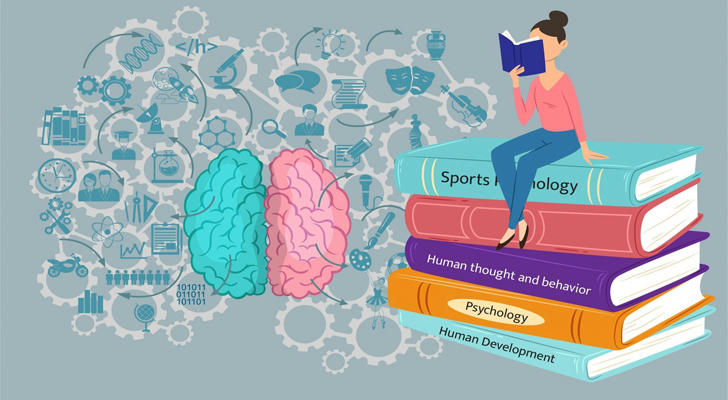Exploring Psychology Degree Programs: Your Gateway to Understanding Human Behavior

In a world where understanding human behavior is more critical than ever, psychology offers profound insights into the mind's workings and how it influences actions. Whether you aspire to become a clinical psychologist, counselor, or researcher, embarking on a psychology degree program is the first step toward a fulfilling career. Selecting the right program is not just about acquiring academic knowledge; it's about unlocking the potential to impact lives, both personally and professionally.

1. Core Elements of Psychology Degree Programs
Foundational Knowledge
Psychology degree programs begin with a strong focus on the fundamental theories and concepts of psychology. Students are introduced to various branches, such as cognitive psychology, developmental psychology, and abnormal psychology. This foundational knowledge serves as the backbone of the program, providing a comprehensive understanding of how human behavior is studied and interpreted.
Research and Analytical Skills
Beyond theoretical knowledge, psychology programs emphasize the development of research and analytical skills. Students engage in empirical research, learn to design studies, collect data, and analyze results using statistical methods. These skills are essential for those who wish to contribute to the field through research or apply scientific methods in practical settings.
Applied Psychology and Practical Experience
To prepare students for real-world scenarios, psychology degree programs include opportunities for practical application. This may involve internships, supervised fieldwork, or participation in clinical settings, where students gain hands-on experience. These practical experiences are invaluable for understanding how psychological principles are applied in various contexts, from therapy sessions to organizational consulting.
2. Distinctive Features of Psychology Degree Programs
Interdisciplinary Approach
Psychology is inherently interdisciplinary, intersecting with fields such as neuroscience, sociology, and education. Psychology degree programs often incorporate this interdisciplinary approach, offering courses that explore these connections. This broadens students' perspectives and equips them with a well-rounded understanding of human behavior.
Ethical Training
Given the sensitive nature of psychological work, ethics is a cornerstone of any psychology program. Students are trained to navigate ethical dilemmas and are taught the importance of confidentiality, informed consent, and the ethical treatment of research subjects. This training ensures that graduates uphold the highest standards of professional conduct.
Specialization Options
Many psychology programs offer specialized tracks, allowing students to focus on areas like clinical psychology, forensic psychology, or industrial-organizational psychology. These specializations enable students to tailor their education to their career goals, providing deeper expertise in their chosen field.

3. Success Story: Sarah's Journey in Psychology
After completing her undergraduate degree in psychology, Sarah decided to pursue a master's degree with a focus on clinical psychology. Through her program, she gained in-depth knowledge of therapeutic techniques and developed her research skills. During her internship at a mental health clinic, she applied what she had learned in real-world settings, helping clients manage anxiety and depression. Today, Sarah is a licensed clinical psychologist, making a significant impact in her community. Her journey illustrates the transformative power of a psychology degree program.
4. How to Choose the Right Psychology Degree Program
Evaluate the Curriculum
Ensure the program offers a well-rounded curriculum that covers both theoretical and practical aspects of psychology. Look for courses that align with your interests, whether you're drawn to clinical work, research, or another area of psychology.
Investigate Faculty Expertise
The quality of education is closely tied to the expertise of the faculty. Research the backgrounds of instructors, focusing on their experience, research contributions, and areas of specialization. A strong faculty can provide mentorship and open doors to research opportunities.
Consider Hands-On Opportunities
Practical experience is crucial in psychology. Look for programs that offer internships, fieldwork, or laboratory research opportunities. These experiences will enhance your understanding of the field and prepare you for your future career.
Explore Career Support Services
A program's career support services, such as job placement assistance, networking opportunities, and guidance on further education, can significantly impact your career trajectory. Choose a program that offers robust support to help you achieve your professional goals.

5. Conclusion
Embarking on a psychology degree program is more than just an academic pursuit; it's a journey toward understanding the complexities of human behavior and making a difference in people's lives. By choosing a program that aligns with your career aspirations, and committing to both academic and practical learning, you can pave the way for a rewarding career in psychology. Whether you're interested in clinical practice, research, or another area within the field, a psychology degree is the first step toward making a meaningful impact.
